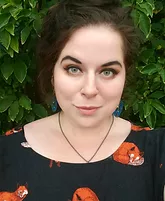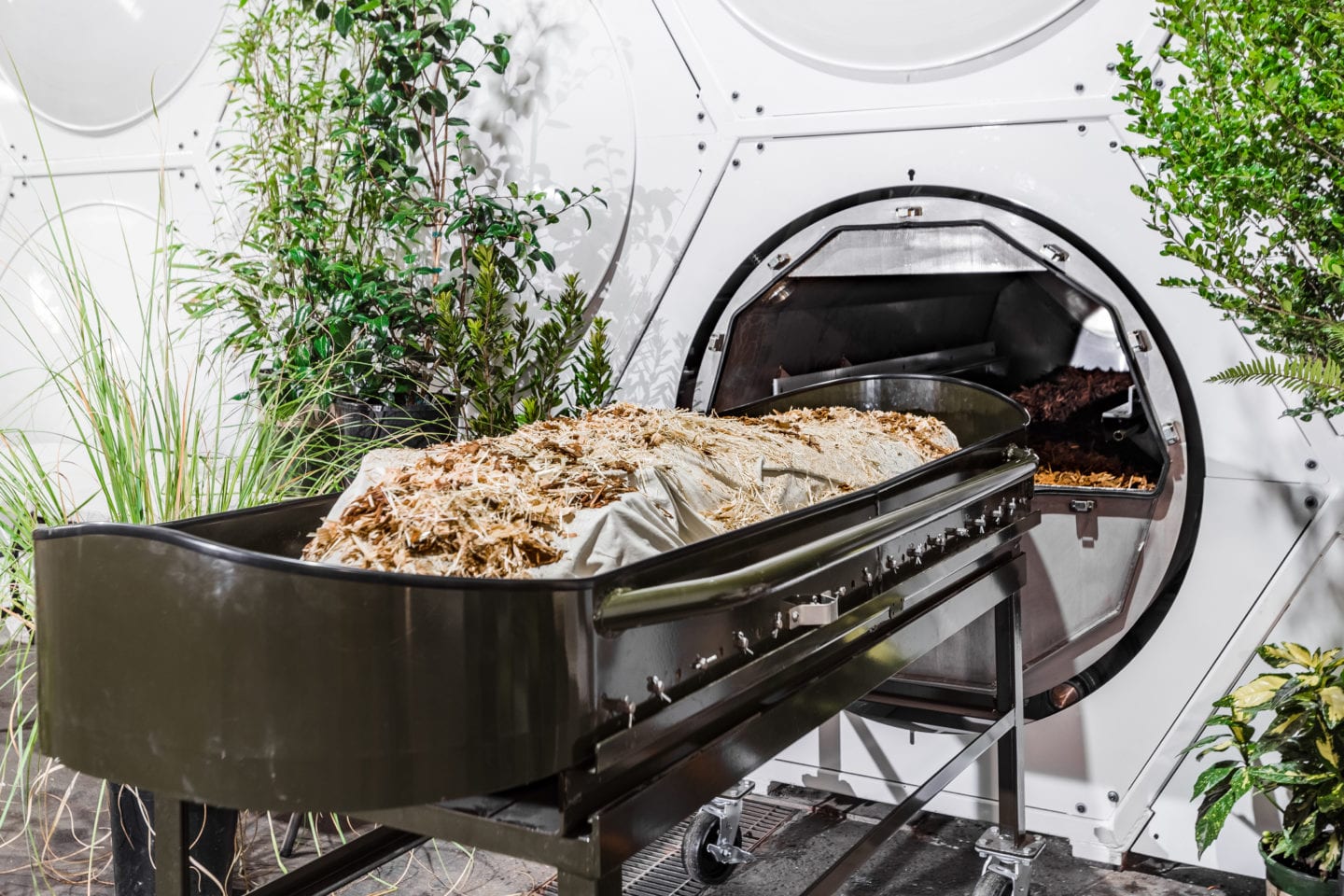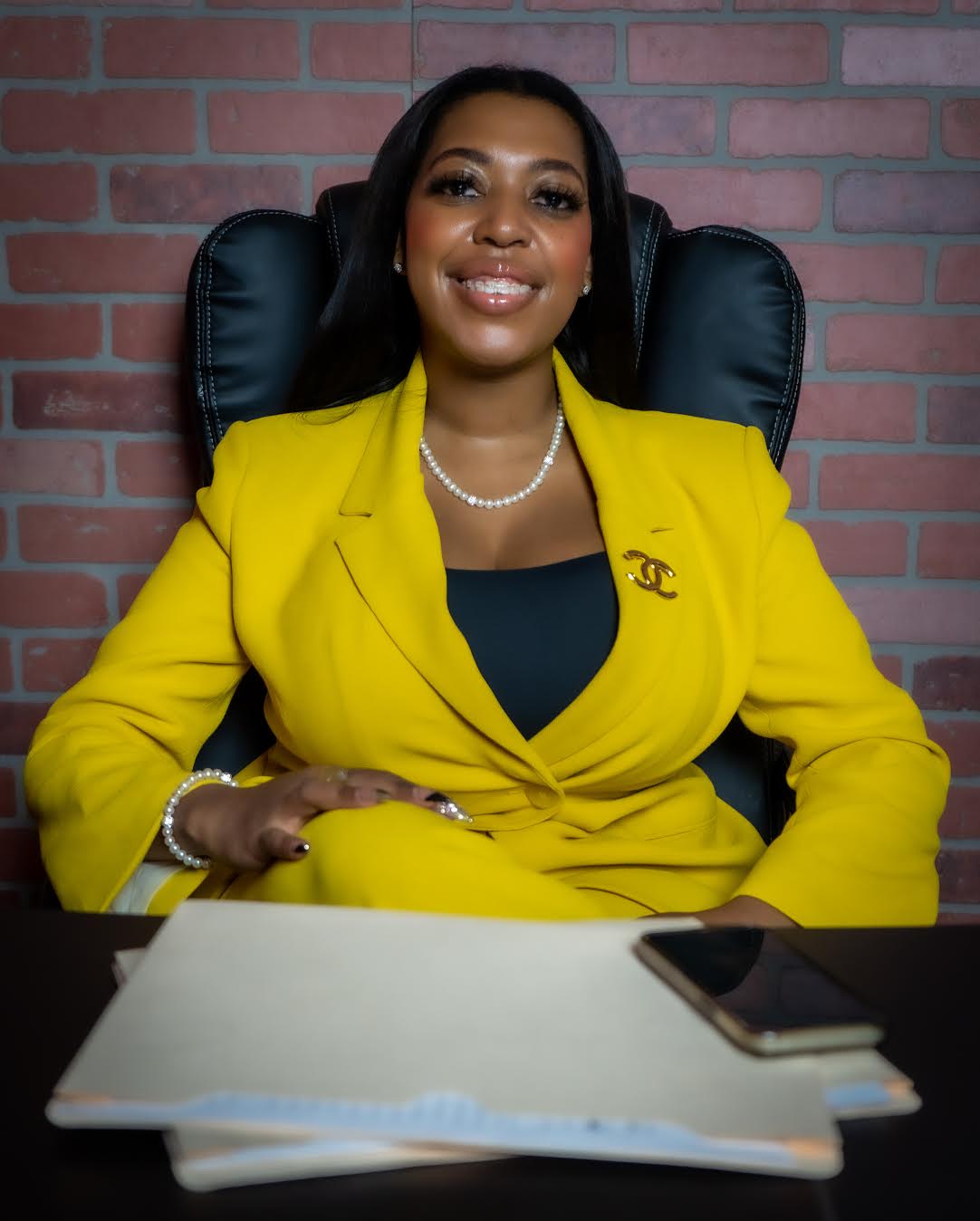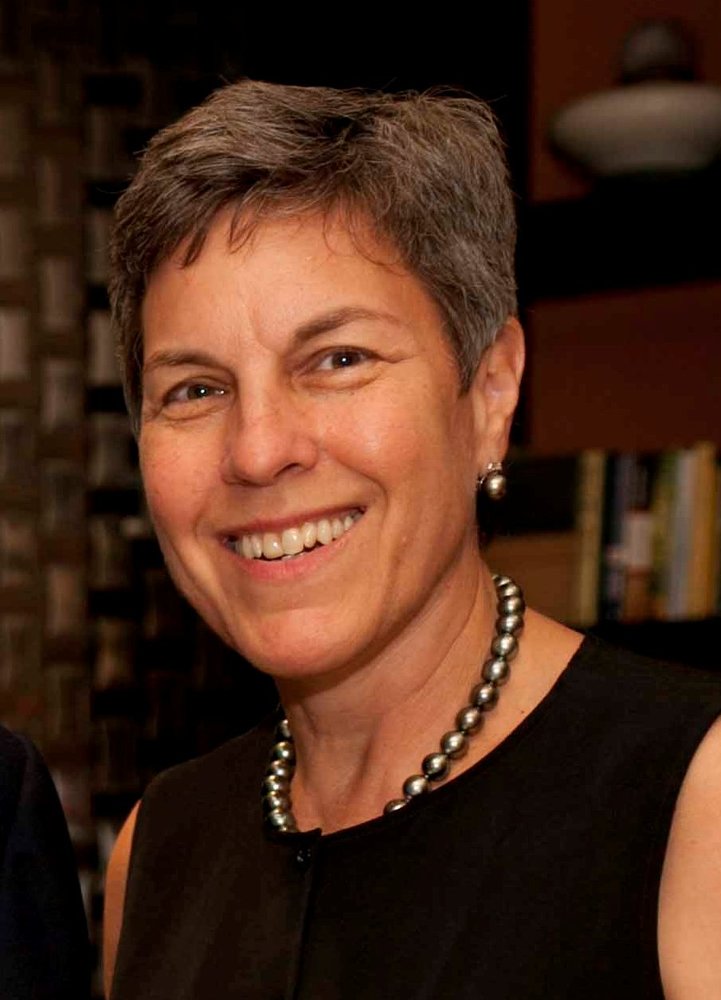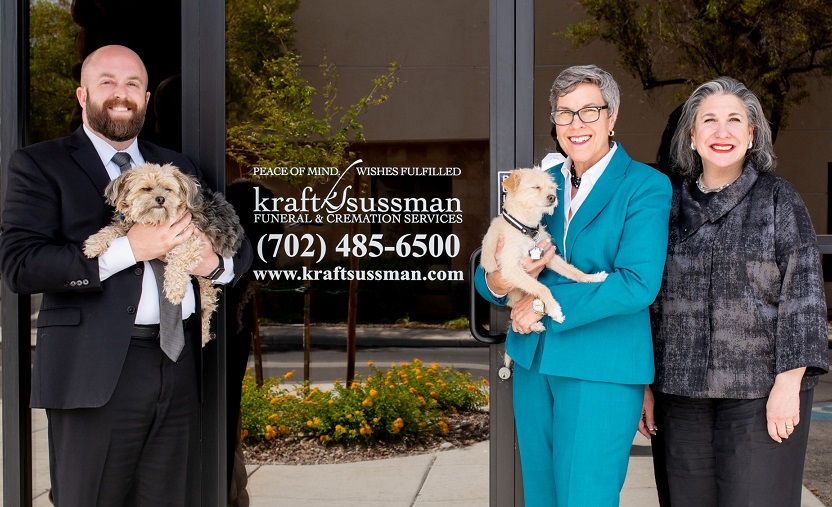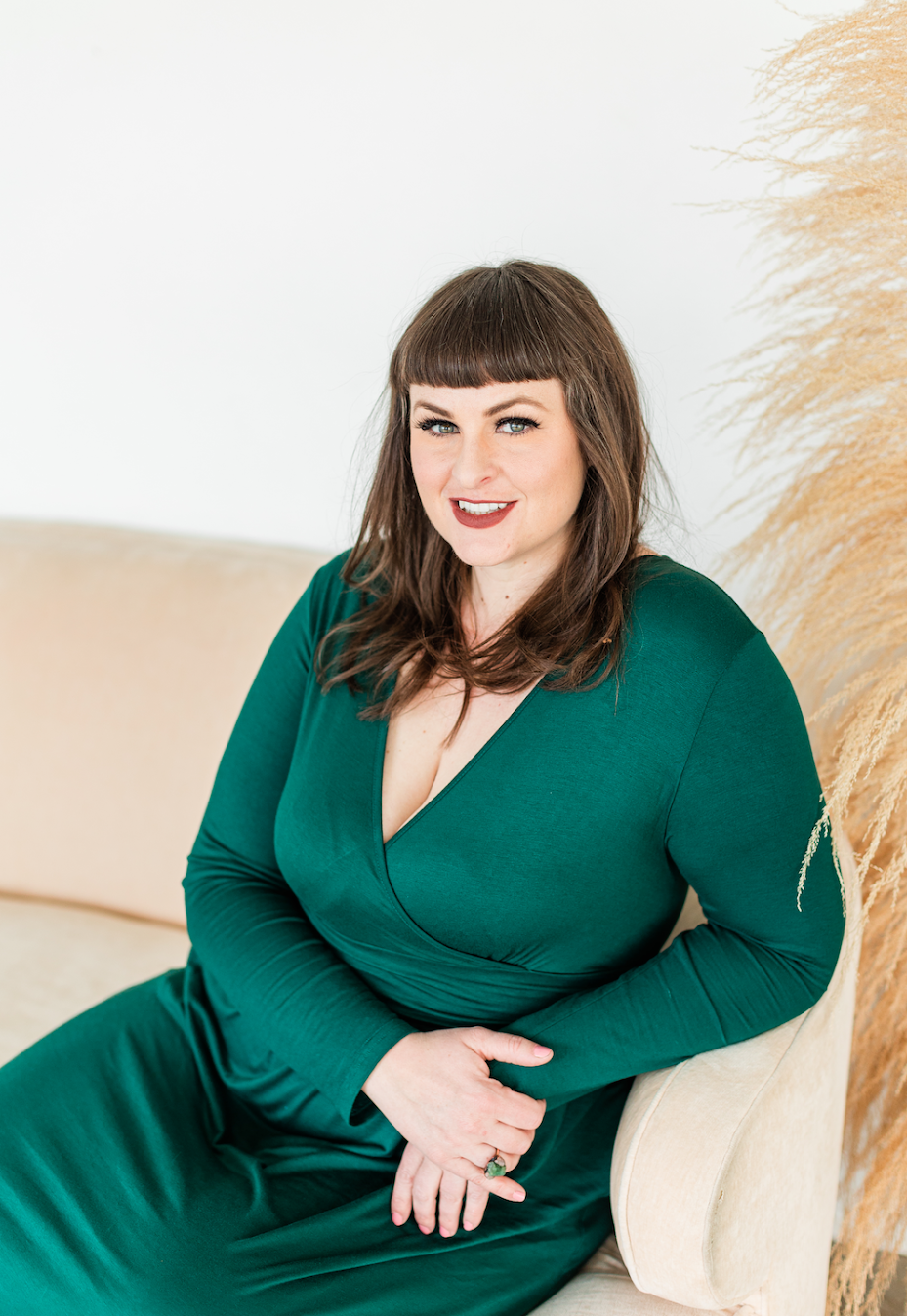Morgan Yarborough
Recompose
Washington
Morgan is making history as one of the first directors to create meaningful funerals for people choosing Natural Organic Reduction aka human composting.
What motivated you to become a funeral director? How and why did you want to work at the funeral home you are currently with?
I’ve been drawn to funeral service seemingly from the time I was able to understand that things die. When I was a child, I would hold funerals for my dearly departed goldfish, tenderly wrapping them in tissue paper and securing them in jewelry boxes, (much to my mother’s dismay), prior to burial. My family has a longstanding tradition of not talking about death, and I swam against that stream almost immediately.
While I went down an initial path of studying physics and tech, I ultimately ended up dissatisfied and switched to funeral service. Once I became aware of Recompose, Urban Death Project at the time, I knew that I had to be a part of it someday. I wanted to help build innovative and restorative deathcare practices. After several years in the field learning conventional funeral service practices, I saw an opening for Recompose Services Manager and knew it was a great fit.
Tell us about the community and people you serve.
Recompose primarily serves Seattle, WA and surrounding areas. However, because we offer a wholly unique and new service (Natural Organic Reduction, turning the body into soil after death), we receive clients from all over the United States. Our community is diverse, attracting groups such as ranchers, lawyers, off-the-grid homesteaders, activists, master gardeners, lifelong city-dwellers, organic farmers, scientists, and artists.
A common thread among all our clients is the desire to give themselves back to the earth as soil, be it through donation to a forest conservation or placement in their own gardens. Many are looking for a non-traditional funeral service that walks the balance between science and spirituality. As such, Recompose specializes in ceremonies that connect us to the natural cycles of the planet, our place in them, and how they allow us to continue on in new ways after death.
Give us a “day in the life” overview of what a typical workday is like for you.
Since opening our new location in downtown Seattle, the Recompose team can come together under one roof. While I work remotely 1-2 days a week, days spent on-site are collaborative, busy, and never dull.
Mornings are spent checking in with my team to see what the day’s needs are and how we can support each other. After checking in and handling basic managerial duties, you can often find me in our preparation room, where we ready the decedents whose ceremonies are scheduled that day. Preparation of the deceased includes cleaning, placement into our cradle (the vehicle that allows them to be placed into a composting vessel), applying essential oils and herbs, shrouding, and then bringing them to our Gathering Space.
From there, if I’m the ceremony guide, I wait for the family to arrive and then lead them through our laying-in ceremony. In addition to celebrant work, being a ceremony guide involves assisting friends and family in laying down plant materials over their person’s body and helping place their person into our threshold vessel. If I’m not the guide that day, I often run tech for the ceremony in the background, making sure music plays at the right time, video tributes play, and that the Zoom streaming is as seamless as can be expected.
Other activities in my day-to-day include working with our conservation forest partners to build a tour program, providing trainings for those new to death care, coordinating soil shipping with families, and working to improve our client spaces for the best Recompose experience possible. In general, there are a lot of Zoom meetings. I also take night shifts monitoring phones and responding to death calls.
What I have always loved about working in death care (beyond the profound human connection) is that the work is never boring, learning never stops, and everything that you do is part of a bigger picture.
Overall, what task do you spend the majority of your time on?
Most of my time is spent talking to people, albeit over the phone or computer. Funeral directing is so much more than working with the dead. Primarily, it’s a unique service job that involves constant human interaction and care of the living.
What do you wish more people understood about your work?
This work requires devotion. While I’m now fortunate to work for a company that encourages time off and work-life balance, it’s difficult to act on those ideals. Death doesn’t stick to a 9-5 schedule, and this is reflected in the life of a funeral director.
At my first employing funeral home I was expected to meet with families, answer phones, file their paperwork, perform cremations and burials, embalm, conduct funerals, and retrieve folks from their places of death day and night. This is common, but it leads to a 60+ hour workweek plus nights on call.
Funeral directing is structured differently at Recompose, so we don’t perform cremations or go out in the night to retrieve the dead ourselves. However, the tradeoff is building a new kind of funeral home while still providing funeral services. You can expect to work more than 8 hours a day and still answer phones at night.
What changes do you think we will see in funeral service over the next 5 years, both within the funeral industry, and among consumers?
I believe (and hope) that we will begin to see an increasing number of funeral workers demand better from their employers. Unfortunately, compensation for this important work is often low, especially if you’re an apprentice or newly licensed. Those starting out typically do not make a living wage and struggle to take time off, as it is also common for funeral homes to be understaffed. I hope to see more workers ask for their worth and take care of their mental/physical needs. This is a tough (and beautiful) job.
I also believe that we will continue to see diverse and creative kinds of funeral homes open as new generations of death care workers expand the market to meet the needs of their peers.
Consumer profiles are changing as Generation X steps up to plan funerals for Baby Boomers, and in turn, Millennials for Generation X. These generations may be keener to choose disposition options that are better for the environment, feel forthright, and align with their individuality versus choosing services informed by religious backgrounds or family tradition.
Finally, I believe the trend of direct cremation (or aquamation, terramation, etc.) will continue as communities opt to take planning celebrations or memorials into their own hands, without the use of a funeral home.

